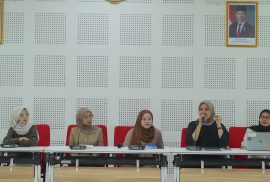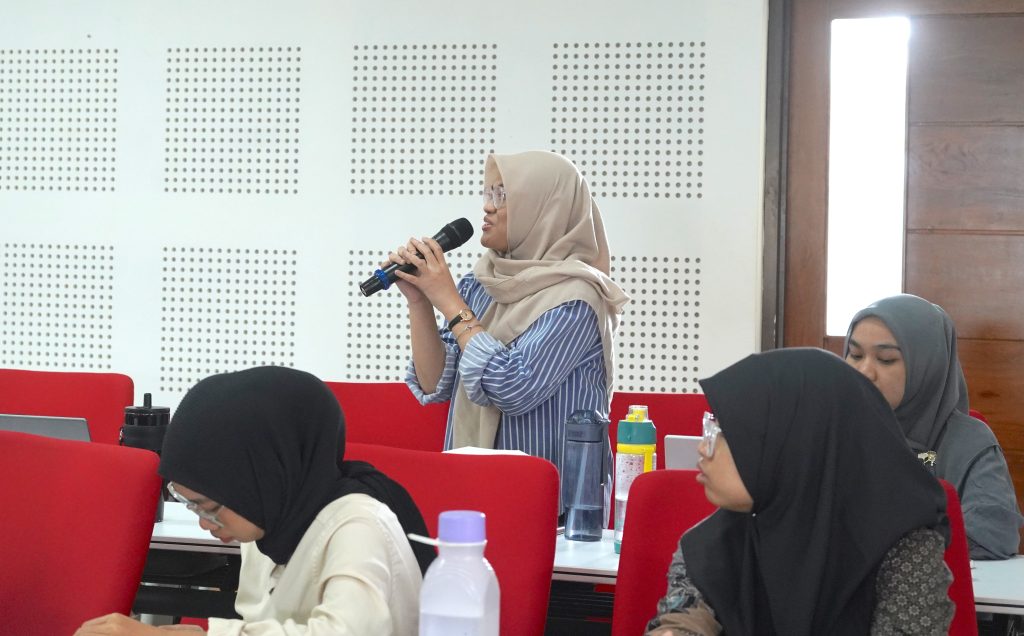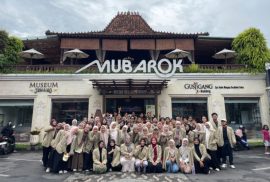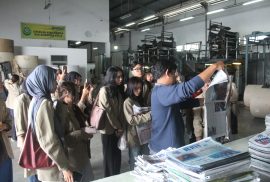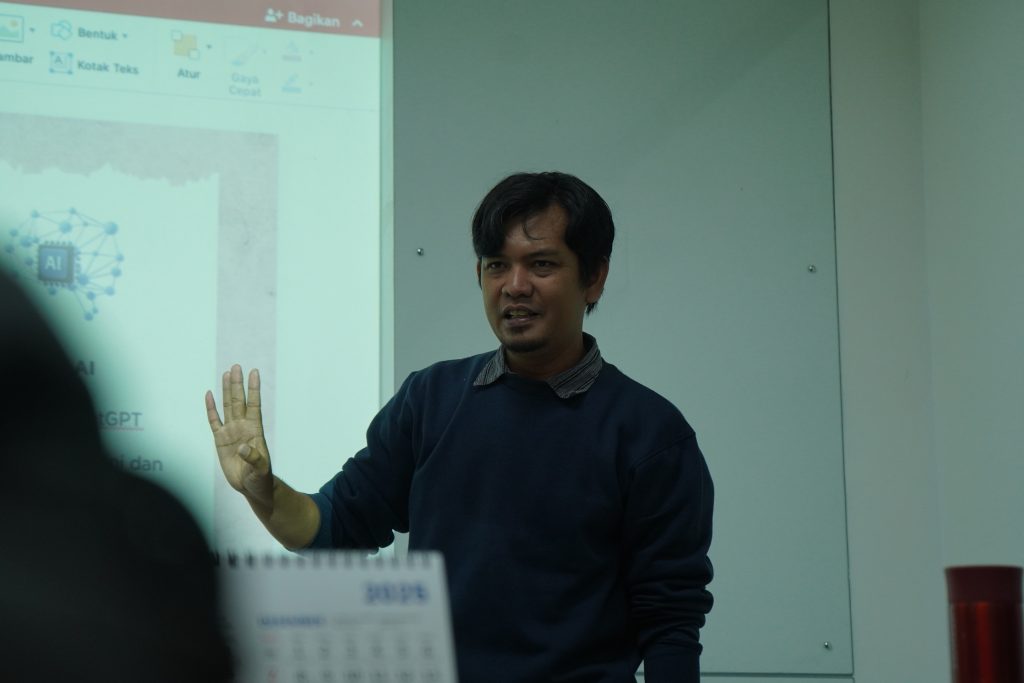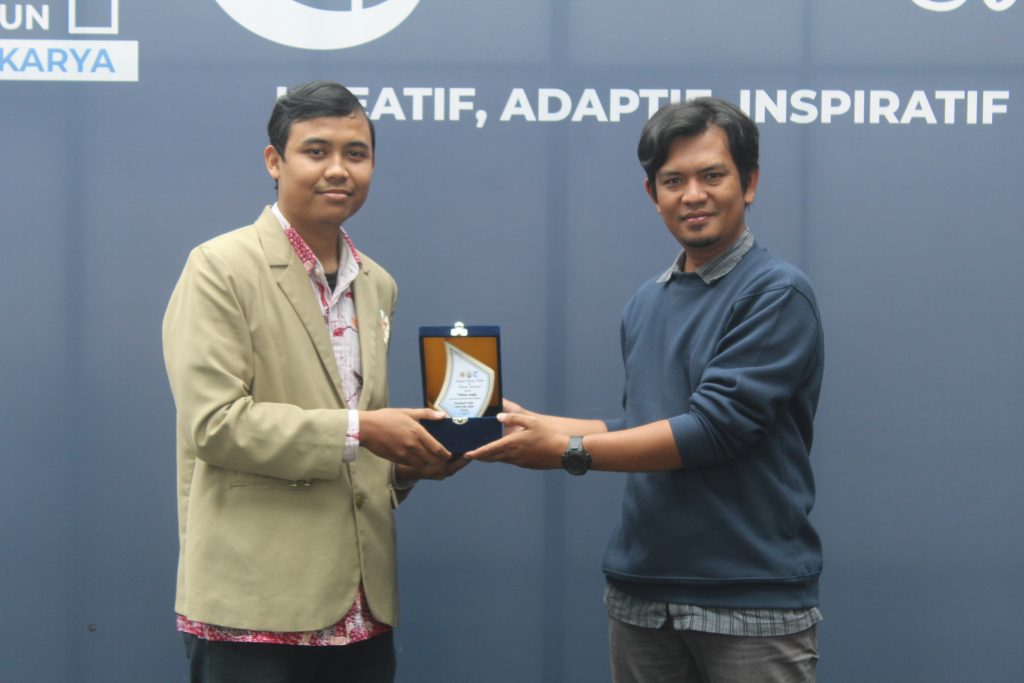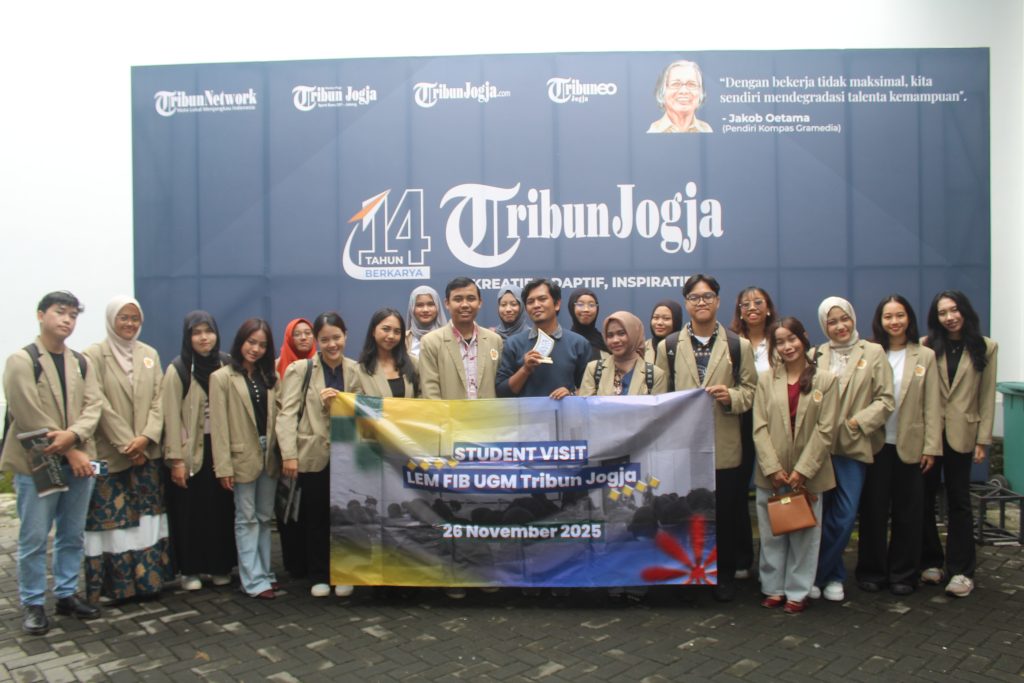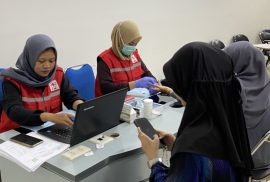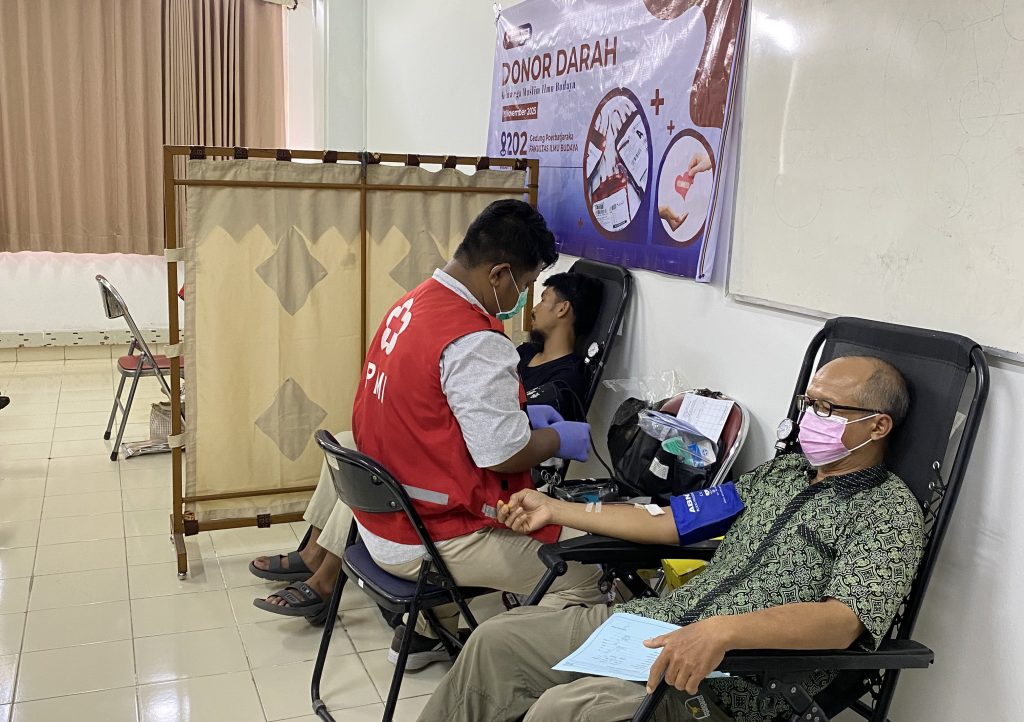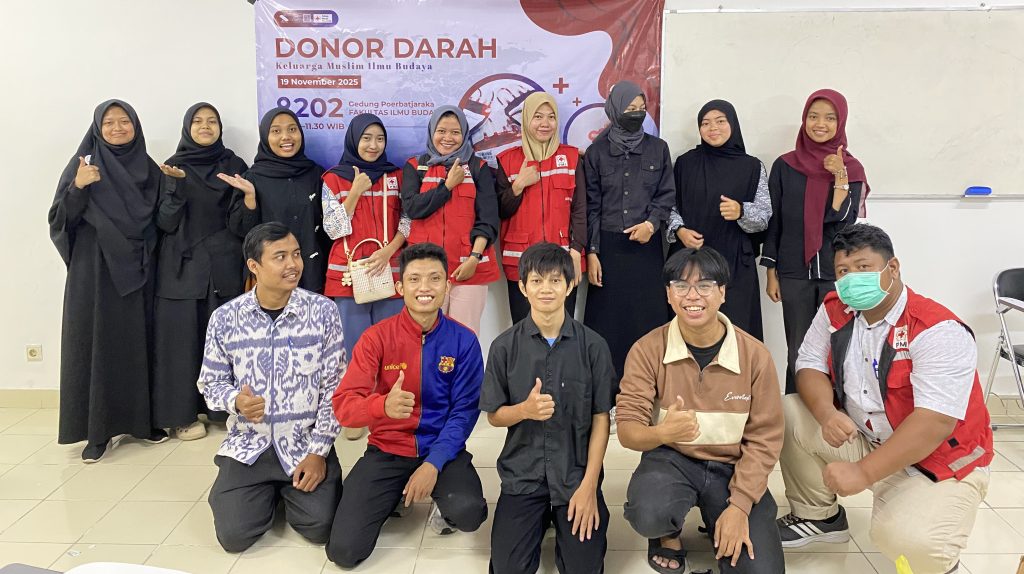Yogyakarta, December 16, 2025 – The second session of the Neuroscience-Based Language Teaching Talk Show, themed Teaching with Emotion: How Affective Neuroscience Enhances Language, was held at R. Soegondo Building, Room 709, Faculty of Cultural Sciences, Universitas Gadjah Mada. The event discussed the role of emotions in language learning and how a neuroscience-based approach can improve teaching effectiveness.
Moderated by Reski Ramadhani, the talk show featured four speakers: Natasya Ayu, Asmaul Husna, Luailik Mushffa, and Tisa Aini. The discussion focused on teachers’ practical experiences in managing both student and teacher emotions while ensuring that academic objectives are achieved effectively.
One of the speakers, Asmaul Husna, shared her experience conducting a teaching experiment in a basic speaking class at Kampung Inggris. She compared two approaches implemented in different periods, namely a content-focused approach and an emotionally driven approach. “When we build emotional closeness with students, they feel truly valued,” Asmaul said. She added that students who received emotional support showed greater appreciation and more positive feedback at the end of the course.
Luailik Mushffa highlighted the challenges of applying a neuroscience-based approach in the classroom, particularly in relation to teachers’ emotional readiness. She explained that teachers need to regulate their emotions before teaching in order to create a positive learning atmosphere. “In this neuroscience approach, we focus on students’ emotions. However, teachers’ emotions also need to be managed before entering the classroom,” she explained. She also emphasized the importance of maintaining a balance between emotional management and the achievement of learning objectives.
Practical advice was delivered by Tisa Aini, who encouraged teachers to engage in self-reflection before teaching. “Please take five to ten minutes before entering the classroom for a self-check,” she said. According to her, teachers’ emotions are easily transmitted to students, making emotional stability a key foundation for creating a sense of safety in the learning process.
Meanwhile, Natasya Ayu stressed the importance of developing a positive mindset among students toward language learning. She reminded teachers not to frame language learning as something difficult and encouraged the use of contextual and realistic learning materials. In her view, making mistakes while speaking is a natural part of the journey toward language fluency.
Overall, the talk show illustrated that language teaching cannot be separated from emotional aspects, both for students and teachers. A more humane and emotionally aware approach is seen as essential in creating a supportive, sustainable learning environment that remains relevant to learners’ future needs.
[Public Relations of FIB UGM, Candra Solihin]

